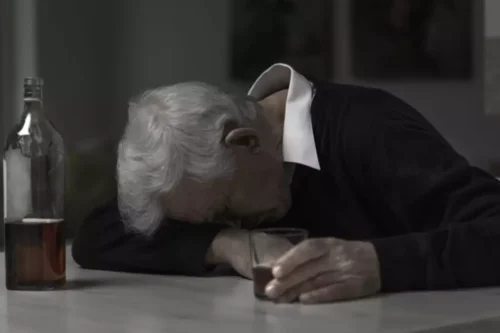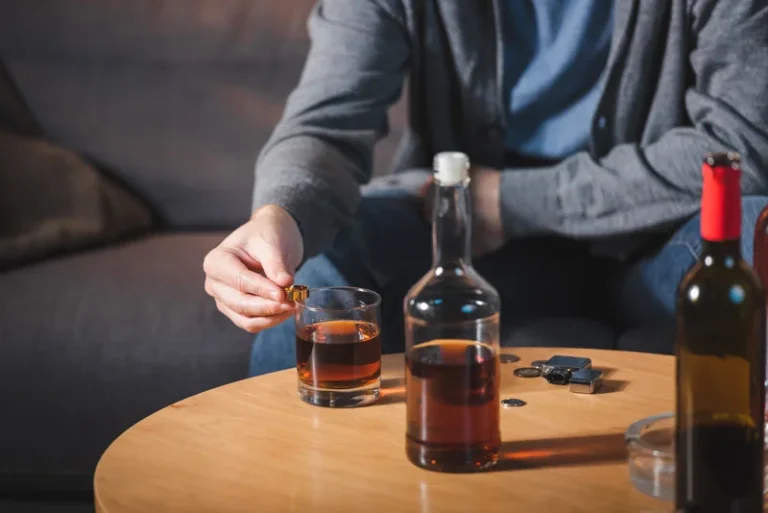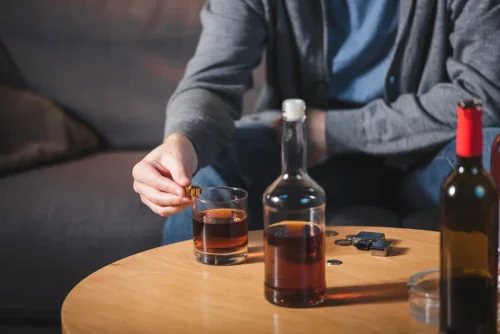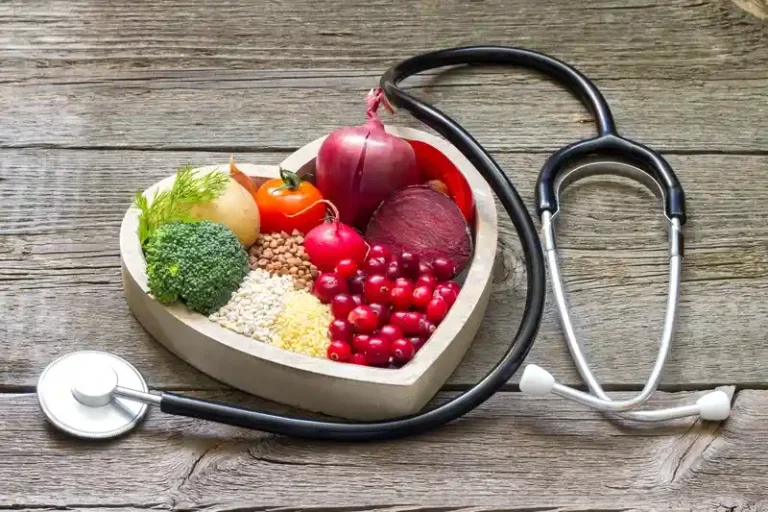What Is Alcoholic Gastritis? Causes, Symptoms, Treatment

Over time, persistent heartburn can lead to gastroesophageal reflux disease (GERD)—a chronic form of heartburn—esophageal damage, or cancer. Excessive alcohol consumption can increase blood pressure, lead to acid reflux, or cause alcohol-induced cardiomyopathy—a condition that weakens the heart muscle. Additionally, drinking alcohol in large quantities may result in irregular heartbeats (often referred to as “holiday heart syndrome”), which can also cause chest pain.
The Importance of Recognizing a Medical Emergency
Burning in your stomach will not be the only symptom to develop from alcohol intolerance. If you’re of Asian descent, have an allergy to grains or other foods, have Hodgkin’s lymphoma or are taking antibiotic medications you are at greater risk. Chest burning can be an alarming sensation, often resulting from various factors. In individuals who consume alcohol, this discomfort may be linked to several underlying causes, including alcohol metabolism and its effects on heart health. Alcohol consumption can lead to changes in blood flow and inflammation, potentially manifesting as chest pain. If you have acid reflux or GERD, or you experience frequent heartburn after drinking, it’s best to avoid alcohol consumption entirely, says Thayer.
Can certain medical conditions increase alcohol’s burning sensation?
Warmth settles in your stomach, the roughness of your throat a lingering reminder of that cellular caper. A 2019 review found that people who drank more alcohol or drank alcohol more regularly had a greater likelihood of GERD. This does not mean that alcohol causes GERD, but why do i burn up when i drink alcohol it does suggest that there may be a link.
Symptoms of Acute Gastritis

But when some of us go red, it’s for one particular reason – alcohol. In some parts of the world – particularly the USA – it’s known as “Asian flush” or “Asian glow”. That’s because it’s particularly common amongst East Asian people – people whose family origins are in China, Japan, Korea, or Taiwan.
- Overindulgence in food and drink don’t go well together when it comes to heartburn.
- Drinking alcohol may lead to unhealthful eating habits or eating foods that cause digestive upset.
- Chest burning can be an alarming sensation, often resulting from various factors.
- Working with a doctor is the best way to determine the individualized treatment needed to help the person manage alcoholic gastritis.
health benefits of oatmeal
When alcohol comes into contact with the delicate tissues of your throat, it triggers a pain response. This sensation can be intensified if you consume high-proof or concentrated alcohol because of its higher alcohol content. In conclusion, the burning sensation experienced when consuming alcohol is a result of the interaction between ethanol and sensory neurons. Factors such as alcohol concentration, temperature, and individual sensitivity contribute to the intensity of the burn. While this sensation may vary among individuals, it is generally a natural response that adds to the overall drinking experience. In general, the temporary burning sensation caused by drinking alcohol is not harmful.
Alcohol potentially increases stomach acid production
Molly finds drinking wreaks havoc with her digestive system and her sleep. Alexis loads up on water and Motrin even if all she had was a half-glass of wine. Naama, who still makes the world’s most delicious batch cocktails, stopped drinking a few years ago after getting the sweats and a splitting headache halfway through a vodka soda. Unfortunately, all types of alcohol can cause an inflammatory response. In fact, “the type of alcohol doesn’t significantly impact how much inflammation it causes,” Guerot says. “It’s more about the amount you consume.” In other words, the more alcohol you drink and the more frequently you drink it, the more inflammation you’ll experience.

Being mindful of these food triggers and avoiding https://ecosoberhouse.com/ them, even while drinking, can prevent heartburn. Alcoholic gastritis is one of many physical conditions that can develop as a result of misusing alcohol. Yes, the temperature of the alcohol can significantly influence the burning sensation. Cold beverages can reduce the feeling of burning, while warm or room temperature drinks may enhance it. Yes, alcoholic beverages with higher alcohol content generally tend to produce a stronger burning sensation. This is why hard liquors, like vodka or high-proof spirits, may feel more intense than a low-alcohol beer.
- Unfortunately, all types of alcohol can cause an inflammatory response.
- Therefore, if you want to get over your hangover heartburn faster, it’s best to avoid spicy foods, garlic, onion, and citrus fruit.
- Engaging with friends, family, or support groups can provide emotional encouragement and accountability, especially if you are contemplating changes to your drinking habits.
- That brings us to the end of our look into the causes of heartburn when hungover and things you can to do reduce your symptoms.
- No, the burning sensation has no direct correlation with alcohol quality.
A cocktail that once was no big deal now leads to a sleepless night. Alcohol is drawn to water, Koob explained, and lean muscle mass has a higher percentage of water than fat does. Lean muscle mass, then, gives alcohol more space to dissipate throughout the body, making for less of it in the bloodstream, and a lower blood alcohol concentration. But as we age and lose lean muscle mass and gain fat, a alcohol rehab higher concentration of alcohol winds up in our bloodstream. Although alcohol intolerance can affect anybody, those of East Asian origin are more likely to inherit the genetic mutation that causes alcohol intolerance, making them more susceptible to developing the condition. While the list is by no means exhaustive, it can serve as a starting point in helping you to understand why you may feel the way you do after drinking if you are someone who takes these medications.


Over time, if continued alcohol consumption causes enough damage to the stomach lining, it can result in the development of a condition called alcoholic gastritis. Alcoholic gastritis is one of many health conditions, such as high blood pressure, ulcers, sleep apnea, and severe acid reflux, that require abstinence from alcohol altogether in order to treat symptoms. Chest pain after you drink alcohol may occur due to acid reflux, where stomach acid moves into the esophagus, causing a burning sensation in the chest. It can also be caused by high blood pressure and irregular heart rhythms from alcohol’s impact on the heart and circulatory system. For some, chest pain can result from anxiety or panic attacks triggered by alcohol.
If you experience severe and frequent stomach burns after drinking alcohol, you must consult a healthcare provider for an accurate diagnosis and suitable treatment. Stomach burns after drinking alcohol can happen for several reasons, such as acid reflux, alcohol intolerance, and gastritis. Understanding the relationship between alcohol consumption and chest burning can help individuals make informed choices about their drinking habits and overall health. If chest burning occurs frequently, it may be advisable to contemplate a lifestyle change or seek help through an alcohol or drug abuse program.

Comments
Comments are closed.